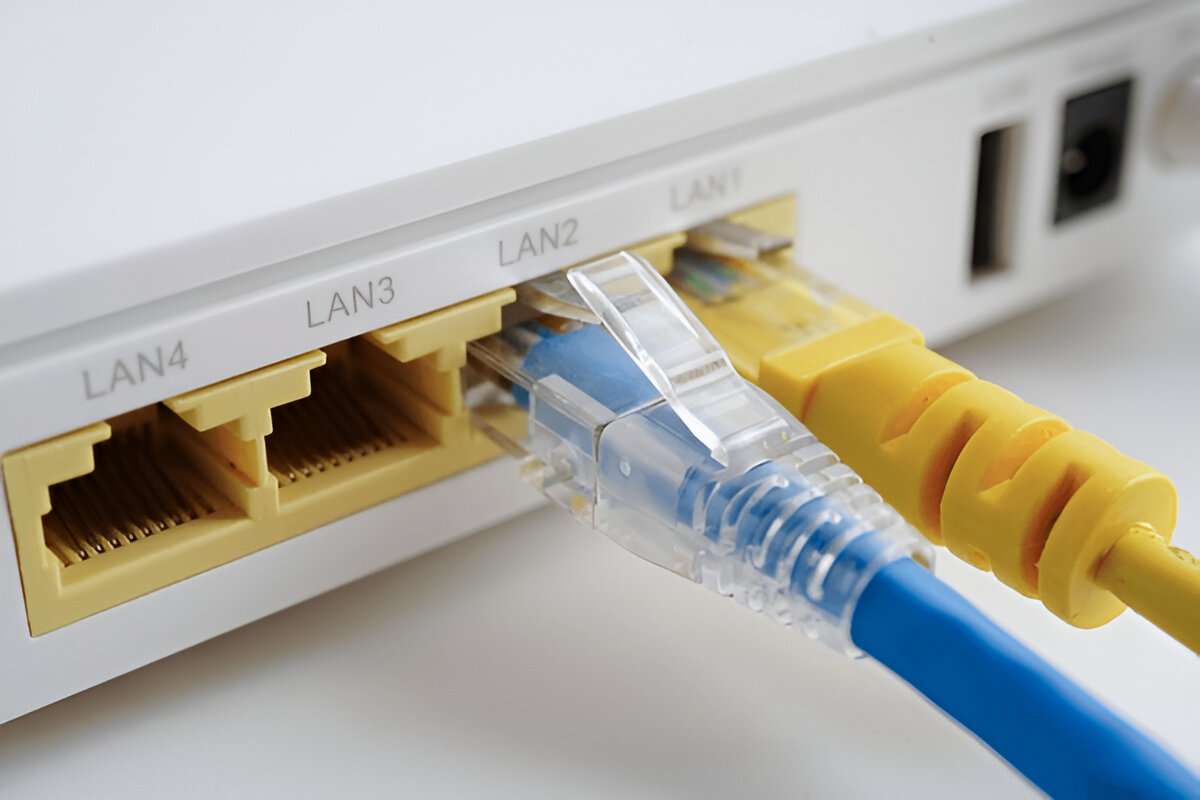In today’s digital world, choosing the right internet provider is crucial for personal and professional needs. Whether you work from home, run a small business, or enjoy streaming your favorite shows, a reliable internet connection can make all the difference. But with so many options available, how do you know which is best for you? Here’s a guide to help you choose the perfect internet provider for your home or business.
Understand Your Internet Needs
Before you start looking at different internet providers in my area, assessing your needs is important. Are you a heavy internet user who streams high-definition videos, or do you only need the internet for basic browsing? Do you have multiple people in your household, or are you running a business with several employees? These factors will be key in determining the right internet plan for you.
Families typically need more bandwidth for home use to handle multiple devices, streaming, and online gaming. A higher-speed plan will ensure all members can access the internet without slowdowns. On the other hand, if you only need to check emails and browse social media occasionally, a basic plan might suffice.
Reliability and speed are even more critical for businesses. Many companies rely on the Internet for video calls, cloud storage, and customer interactions. If your business depends on these services, choose an internet plan that offers high speeds, unlimited data, and minimal downtime.
Compare Available Internet Providers
Once you’ve determined your needs, the next step is to compare different internet providers in your area. Not all providers are available in every location, and their services may vary. The most common types of internet connections are:
- Fiber Optic: Known for high-speed and reliable connections, fiber-optic internet is perfect for businesses and households that need top-tier performance. However, it may not be available in all areas.
- Cable Internet: Another popular option is cable internet, which provides reliable speeds and is often bundled with TV packages. It’s widely available in urban areas.
- DSL (Digital Subscriber Line): DSL is a slower, more affordable option that may be suitable for light internet users. It’s available in more rural locations, though its speeds are not as high as fiber or cable.
- Satellite Internet: If you live in a remote area with few options, satellite internet could be your best choice. However, it can have higher latency and lower speeds.
Check which internet providers are available in your area and what services they offer. You don’t want to fall in love with a high-speed plan that isn’t even available where you live.
Evaluate Speed and Reliability
Speed and reliability are crucial when choosing the internet providers in my area for your home or business. The speed of your internet connection determines how quickly you can download files, stream videos, and browse the web. But reliability is just as important—you don’t want your internet to drop out during a critical video call or while working on an important task.
Look for providers that offer the speeds you need based on your usage. For a typical home, speeds between 50 Mbps to 100 Mbps should be sufficient for browsing, streaming, and light gaming. However, for more demanding activities like 4K streaming or online gaming, you’ll need 200 Mbps or higher speeds.
Reliability also means good customer support. The best internet providers will offer 24/7 support in case you experience issues. Check online reviews and ask friends or colleagues about their experiences with their providers to get a sense of how reliable they are.
Consider Pricing and Bundles
Cost is always a major factor when choosing an internet provider. Compare the pricing for different plans in your area and determine what fits within your budget. Look for any hidden fees that might increase the overall cost. Some providers may offer low introductory rates, but these can increase after the first year. Always read the fine print before signing up.
Many internet providers offer bundle packages that combine internet, TV, and phone services. Bundling can save you money, but only if you need the extra services. If you don’t watch TV or need a landline, it may be better to stick with an internet-only plan.
For businesses, bundling the internet with other services like VoIP or cloud storage can help reduce costs. However, ensure the provider’s service quality doesn’t drop when you bundle. You don’t want to sacrifice internet speed or reliability for a discounted price.
Check for Customer Support and Contract Terms
Good customer support is essential when selecting an internet provider. If you encounter issues with your connection, you want to know that help is just a call or message away. Look for providers with strong reputations for customer service, especially if you run a business where downtime can lead to lost revenue.
Also, take note of the contract terms. Some providers require long-term commitments, while others offer month-to-month plans. If you’re unsure about your choice, it might be worth opting for a no-contract option to give yourself flexibility.
Conclusion
Choosing the best internet provider for your home or business requires careful consideration. You can make an informed choice by assessing your internet needs, comparing available providers, and evaluating factors like speed, reliability, pricing, and customer support. Remember, what works for one person or business might not work for another. Take time, research, and select a plan that fits your requirements and budget.


